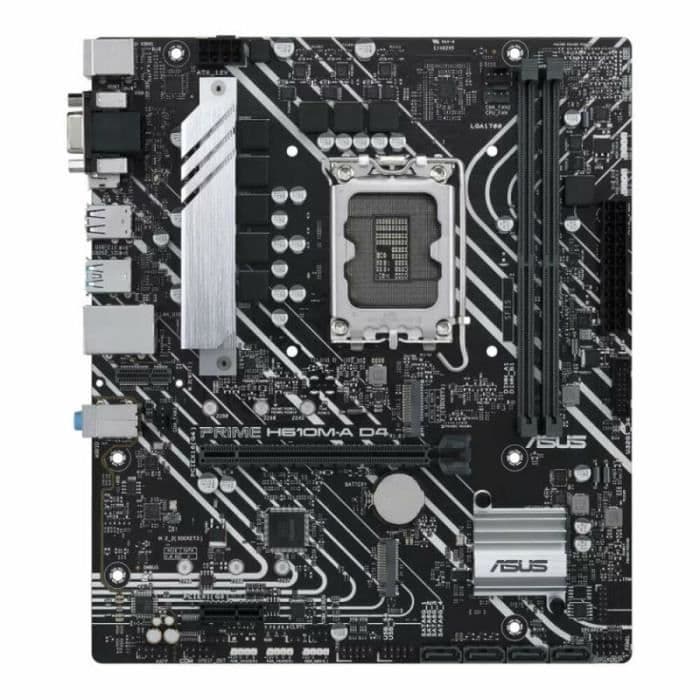With the development of diverse analytical chemistry techniques, the discovery of rich and numerous properties pertaining to bicontinuous liquid crystal structures has yielded beneficial applications in medicine, consumer products, materials science, and biotechnology. Presenting contributions from 24 experts worldwide, Bicontinuous Liquid Crystals presents a comprehensive overview of these structures with a practical approach to applying them in manufacturing and laboratory processes. This book considers the cubic, mesh, ribbon, and sponge equilibrium phases of bicontinuous structures. It begins with a historical perspective and a theoretical platform for study, followed by a detailed discussion of physical chemistry, properties, and structural characteristics of the different phases. The text interrelates the most useful analytical methods for the characterization of the behavior and stability of liquid crystalline phases based on structure, geometry, composition-dependent changes, temperature, dispersion, and other factors. These techniques include differential geometry, thermodynamics, local and global packing, and the study of conformational entropy. The book also highlights tools for mathematically visualizing bicontinuous systems. This provides an excellent foundation for the authors’ examination of the latest studies and applications, such as controlled release, materials development, fabrication, processing, polymerization, protein crystallization, membrane fusion, and treatment of human skin. Bicontinuous Liquid Crystals represents current trends and innovative ideas in the study of bicontinuous liquid crystals. Divided into three sections, it provides a complete overview of theoretical and modeling aspects, physical chemistry and characterization, and applications in this active field of research.












